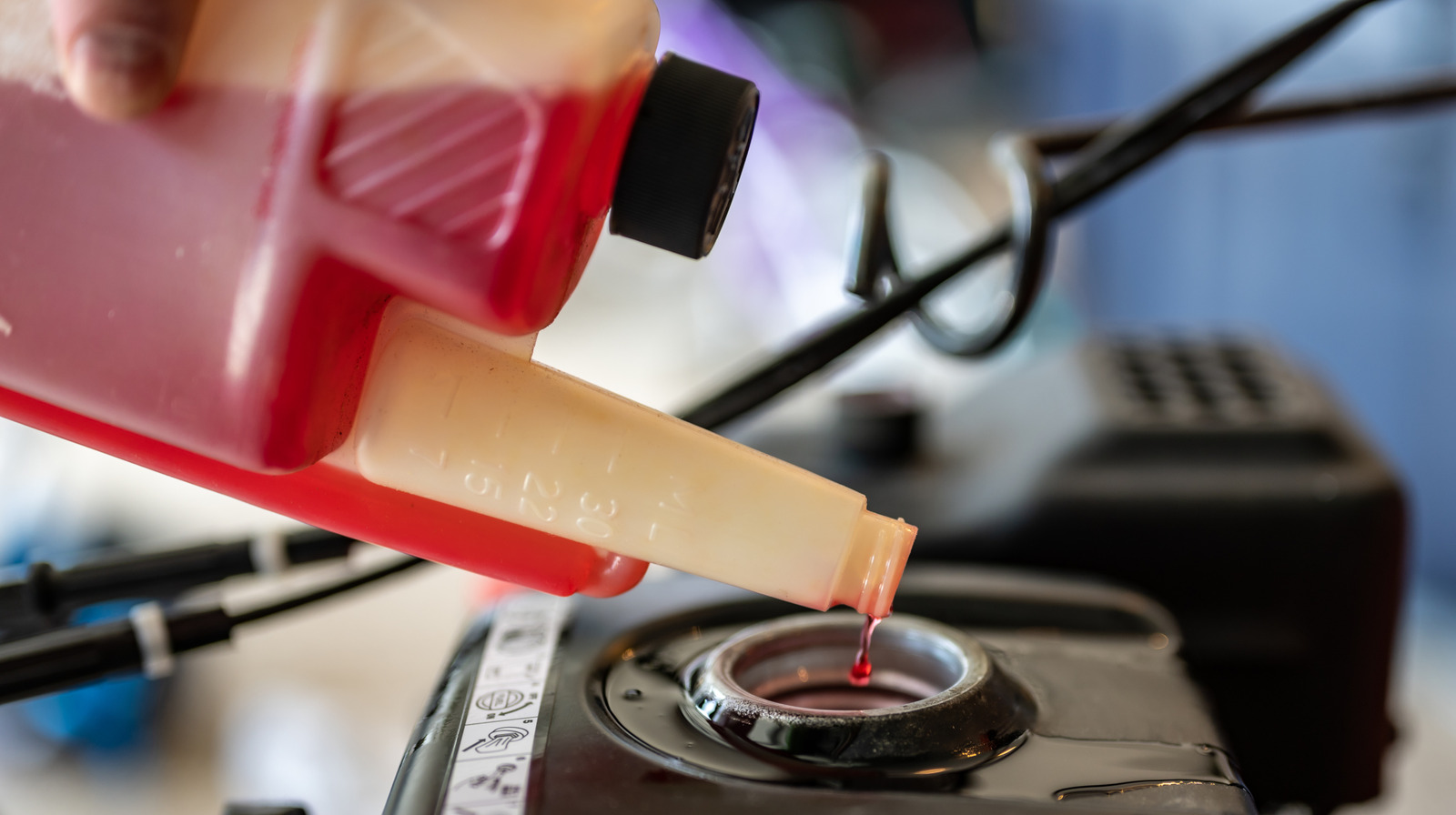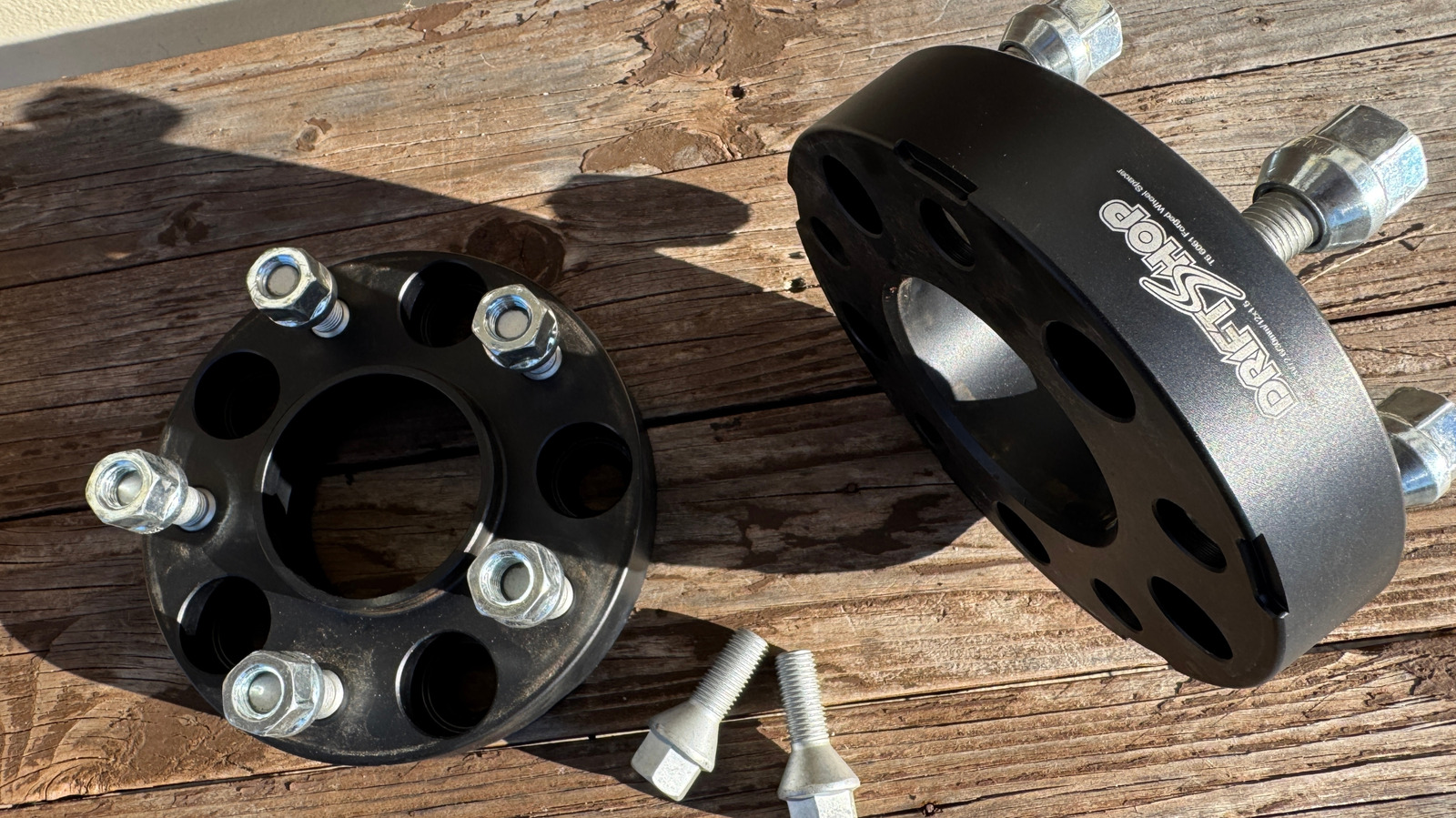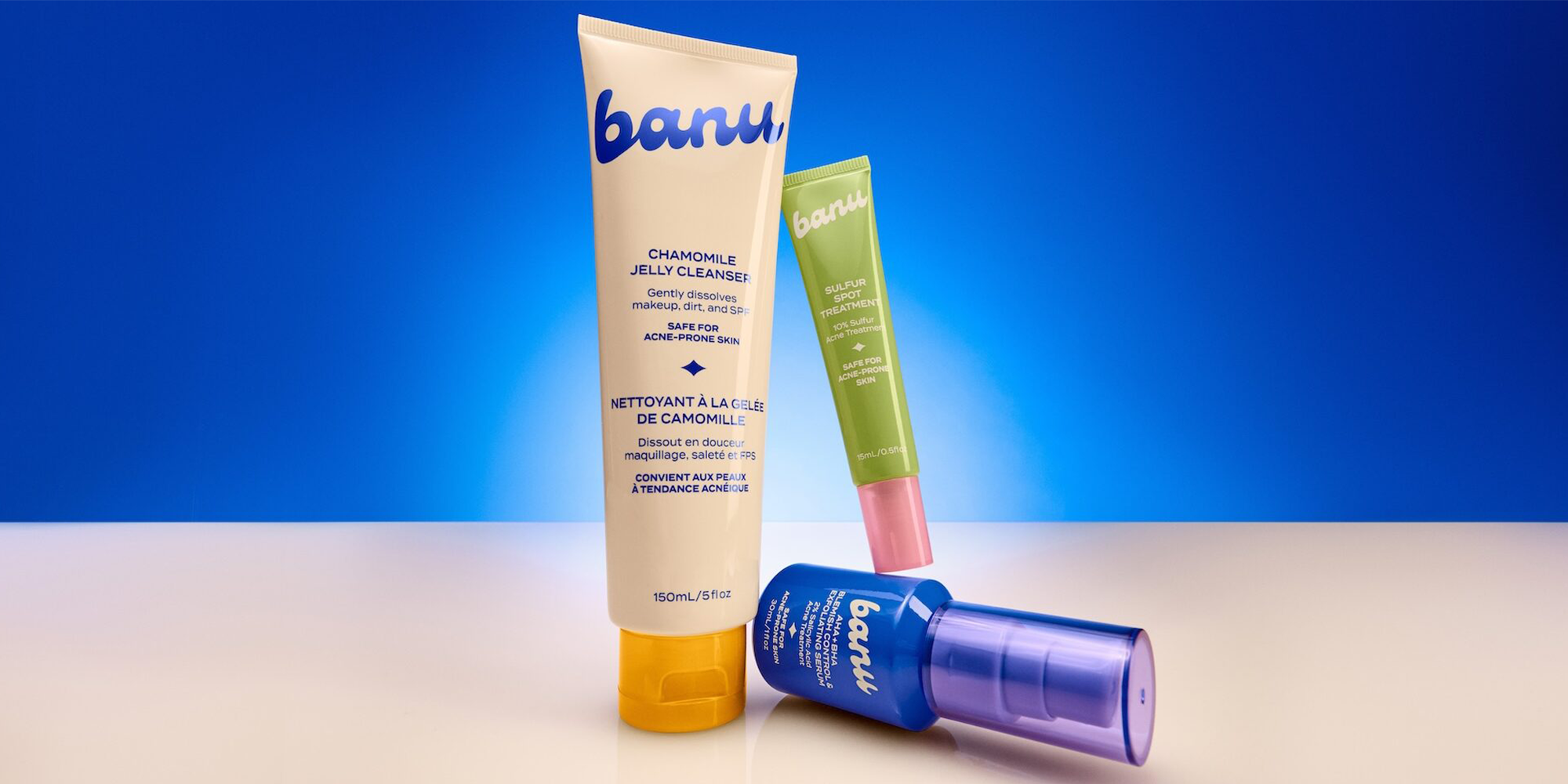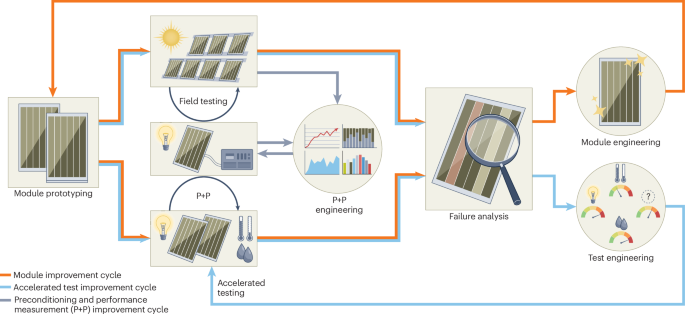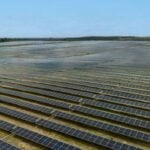Systematic Comparison of Commercial Uranyl‐Alternative Stains for Negative‐ and Positive‐Staining Transmission Electron Microscopy of Organic Specimens
Advanced Healthcare Materials, EarlyView.

Negative- and positive-staining TEM is essential for rapid nanometer-resolution characterization of organic specimens ranging from nanoparticles to cells. Uranyl salts are widely used negative-/positive-stains but are radioactive and highly toxic to users and the environment. Safer, commercial alternatives are systematically compared, and effective uranyl-replacements are identified for a variety of specimens.
Abstract
Negative- and positive-staining transmission electron microscopy (ns/psTEM) is a cornerstone of research and diagnostics, enabling nanometer-resolution analysis of organic specimens from nanoparticles to cells without requiring costly cryo-equipment. For nearly 70 years, uranyl salts like uranyl acetate (UA) have been the gold-standard ns/psTEM-stains. However, mounting safety concerns due to their high toxicity and radioactivity have led to stricter regulations and expensive licensing requirements. Consequently, there is an urgent global demand for safer, more sustainable stains that deliver uranyl-comparable, high-quality ns/psTEM. Here, the commercially available stain-alternatives UranyLess, UAR, UA-Zero, PTA, STAIN 77, Nano-W, NanoVan, and lead citrate are systematically assessed against UA. The stains are evaluated regarding their contrast, resolution, stain-distribution, and ease-of-use in ns/psTEM across a diverse sample set, including polymethylmethacrylate-nanoplastics, phosphatidylcholine-liposomes, Influenza-A viruses, globular ferritin, fibrillar pyruvate kinase amyloids, and human lung-carcinoma cell-sections. It is shown that for this variety of samples, a ready-to-use uranyl-alternative is commercially available with comparable or even superior ns/psTEM-performance to UA using an efficient staining-protocol. Furthermore, the GUIDE4U tool is developed for the fast identification of the appropriate uranyl-replacements for each sample of interest, saving ns/psTEM-users time and costs while ensuring excellent staining results for ultrastructural analysis, thereby further catalyzing the use of safer stains.

























